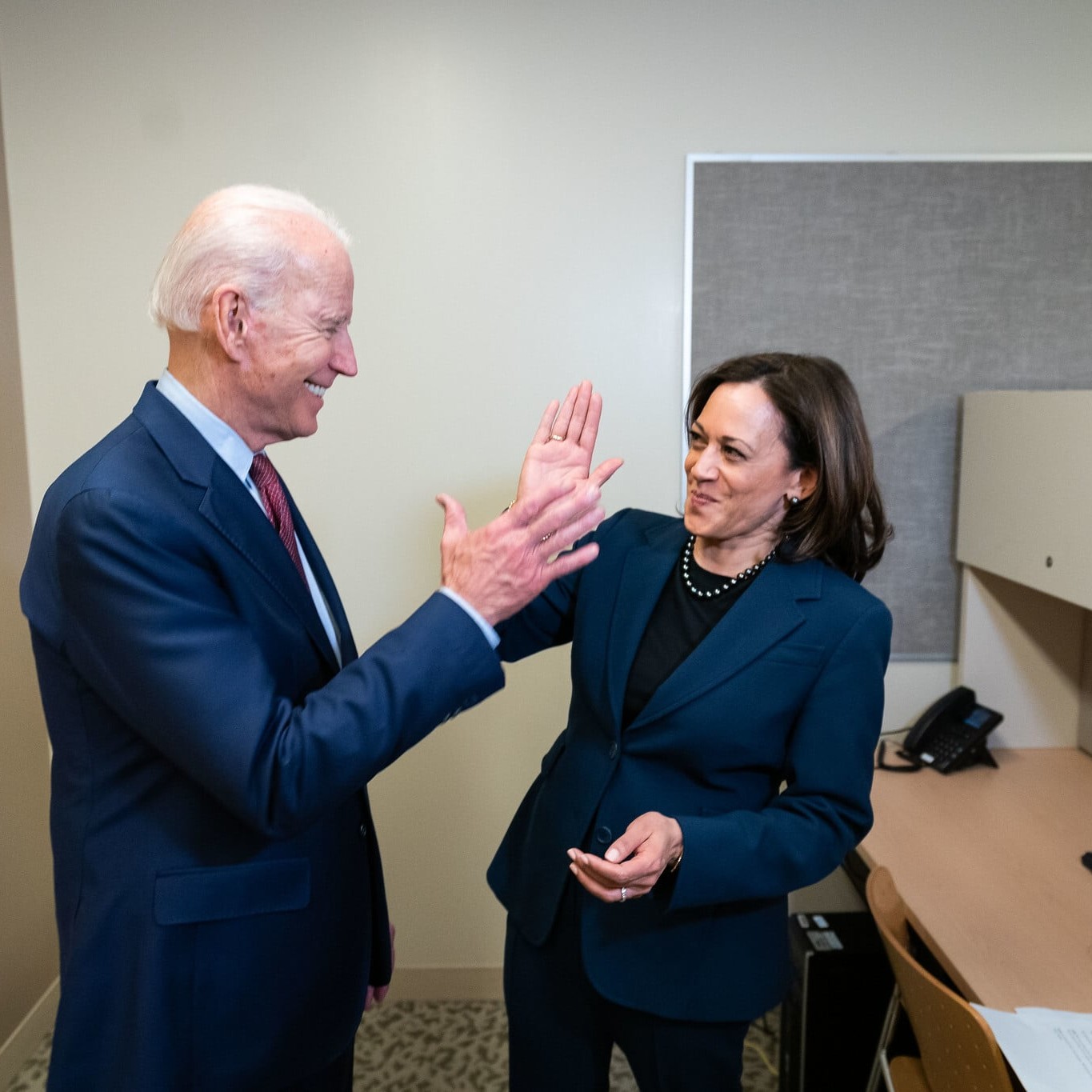How a conservative dark-money group that targeted Hillary Clinton in 2016 spread the discredited story that may lead to Donald Trump’s impeachment.
For nearly two years, conservative operatives have been trying to weaponize the Ukraine-based story that has led Trump to the brink of impeachment. A look back over the coverage of the story—a repeatedly discredited conspiracy theory involving Joe Biden and his son Hunter’s work in Ukraine—suggests that America’s news organizations continue to be just as susceptible to manipulation by political partisans pushing complicated and hard-to-check foreign narratives as they were in 2016. In fact, several of the same players are involved. “There’s no effective mechanism in this country for weeding disinformation out,” Paul Barrett, the deputy director of N.Y.U.’s Stern Center for Business and Human Rights, and the author of the recent study “Disinformation and the 2020 Election,” said. “We’re not doing anything about it at all.”
Anyone trying to track the Ukrainian conspiracy stories that were eventually embraced by President Trump is likely to get mired in the same echo chamber of right-wing news purveyors that misinformed voters in 2016. A pivotal source of the allegations against the Bidens, for instance, is the Government Accountability Institute, a Florida-based opposition-research operation that was founded by the former Trump political adviser Stephen Bannon—the same conservative nonprofit that ginned up questionable stories about the Clintons during the last Presidential campaign. In both instances, much of the coverage of the scandal was kicked off by Peter Schweizer, a longtime conservative political writer who is an editor-at-large at Breitbart News and the president of the Government Accountability Institute. Since its founding, in 2012, the group has largely been funded with millions of dollars in tax-exempt donations from the family foundation of the New York hedge-fund magnate Robert Mercer, who was a major donor to Trump’s 2016 campaign. In the organization’s most recently available I.R.S. tax filings, for 2017, Mercer’s daughter Rebekah is listed as the board chairman.
Asked about the Government Accountability Institute’s role in this year’s Biden scandal coverage, Bannon e-mailed to say, “It’s key. It was the predicate,” as it had been for much of the previous Clinton scandal coverage. As Joshua Green describes in “Devil’s Bargain,” his book, from 2017, about Bannon’s role in the Trump campaign, Bannon designed the organization as a means of transmitting partisan dirt-digging to the mainstream media. He realized that, though mainstream reporters were suspicious of partisan opinion, they were open to damning facts about public figures, regardless of the sourcing. He set out, with Schweizer, to produce material that would generate mainstream coverage, and right-wing outrage.
Thus, during the last Presidential campaign, under the auspices of the Government Accountability Institute, Schweizer published the best-selling book “Clinton Cash.” In a novel arrangement, he doled out negative scoops about the Clintons from it in advance to a variety of mainstream news outlets, including the Times. The paper disclosed its exclusive deal with the book’s author to its readers, and maintained that it independently verified and expanded on the information. But when it ran a front-page story derived from the book on April 24, 2015, the Times stirred controversy and criticism, including from its own public editor.
The story insinuated that, as Secretary of State, Hillary Clinton had risked national security by facilitating the sale of American uranium mines to Russia in exchange for more than two million dollars in contributions to the Clinton Foundation from the businessmen behind the deal, who worked for a company called Uranium One. The story enabled Clinton’s opponents to frame her as greedy and corrupt. Even a year after she had lost the race, the Fox News host Sean Hannity was still invoking it on air, calling it “the biggest scandal ever involving Russia.”
Yet later reporting poked holes in the story’s insinuation of corruption, revealing that multiple government agencies—not just Clinton’s State Department—had approved the deal, and that the amount of uranium involved was negligible. (Schweizer didn’t respond to phone calls from The New Yorker.) On Thursday, the Daily Beast identified what it said were over a dozen passages in his book, “Secret Empires: How the American Political Class Hides Corruption and Enriches Family and Friends,” that were lifted from other sources, such as Wikipedia—a charge that his publisher, HarperCollins, denied amounted to a violation of fair use.
The New Yoker, Read the full story
Photo: Frank Franklin II/AP/Shutterstock
Redazione
La redazione di Babilon è composta da giovani giornalisti, analisti e ricercatori attenti alle dinamiche mondiali. Il nostro obiettivo è rendere più comprensibile la geopolitica a tutti i tipi di lettori.
L’evoluzione dei sanitari a terra: design moderni e materiali innovativi per una scelta sempre più popolare
23 Dic 2024
Quando si parla di design di interni e arredamento sono tantissimi i fattori che entrano in gioco. Ciascuno di noi ha…
Se le questioni di genere dettano le agende di politica estera
19 Dic 2024
Il perseguimento di politiche identitarie da parte dell'establishment della politica estera occidentale sta portando a…
Dall’origine straniera all’icona americana: il fenomeno dello sport negli Usa
14 Mar 2024
Molti sport americani sono accomunati da un aspetto particolarmente curioso: raramente sono davvero nati sul suolo…
Roulette europea, francese o americana? Ecco un approfondimento
22 Set 2023
La roulette è un classico intramontabile dei casinò, amata da milioni di appassionati in tutto il mondo. Una delle…




